The Advisory Board comprises 21 members who guide us with their knowledge, professional expertise and experience related to avoidable deaths.
ADVISORY BOARD MEMBERS
Professor Heiko Balzter
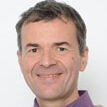
He/ him
The Director of the Institute of Environmental Futures; Director of the Centre for Landscape and Climate Research; and Professor of Physical Geography at the University of Leicester. He is also a Co-Investigator in the NERC National Centre for Earth Observation. He received the degree of Dipl. Ing. agr. (equivalent to MSc) from Justus-Liebig-University, Giessen, Germany, in 1994 and the Dr. agr. (PhD) from the same University in 1998. He holds the Royal Society Wolfson Research Merit Award (2011) and the Royal Geographical Society’s Cuthbert Peek Award ‘for advancing geographical knowledge of human impact through earth observation’ (2015).
Professor Daniel Ladley
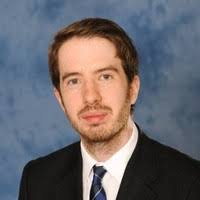
He/ him
A Professor of Finance in the Division of Finance at the School of Business, University of Leicester and Director of the Leicester Finance Research and Industry Group. He is also Associate Dean for Learning and Teaching within the School of Business. His research interests include: market-microstructure; banking, systemic risk and financial stability; behavioural finance; reward and payment systems; and computational and numerical techniques.
Professor Norio Okada
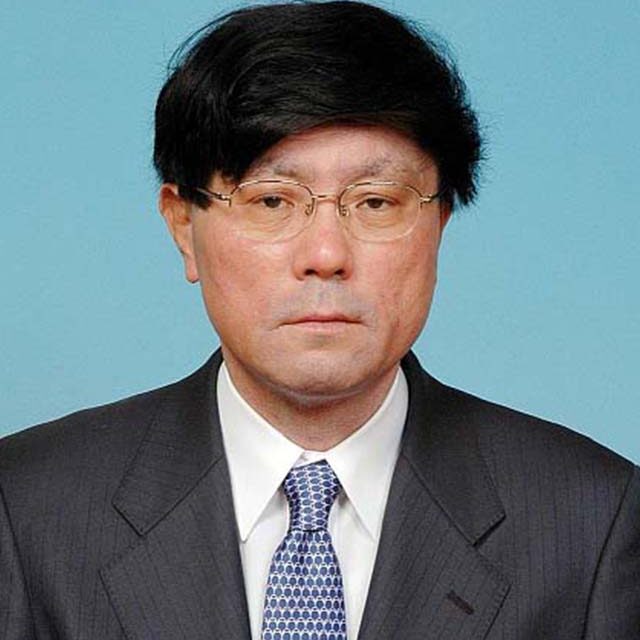
He/ him
An Emiratus Professor at Kyoto University. He is also Advisor to Kwansei Gakuin University, Visiting Professor at Kumamoto University and Senior Fellow at the Institute for Advanced Sustainability Studies (IASS) in Potsdam, Germany. Since 2010 Professor Okada has been the President for “The International Society for Integrated Disaster Risk Management (IDRiM Society)”. From 2009 to 2012 Professor Okada was the Director for the world renowned ‘Disaster Prevention Research Institute (DPRI)’ at Kyoto University in Japan. Professor Okada has long been engaged in scientific support for citizen-led participatory community management, especially in rural areas of Japan. During his time at the Disaster Prevention Research Institute (DPRI) he participated in several initiatives to explore a new cross-disciplinary research area called Integrated Disaster Risk Management (IDRiM). In the context of leading an extensive international research initiative to promote IDRiM, he has organised a series of international conferences and workshops in collaboration with IIASA. This research initiative resulted in the formation of the International Society for Integrated Disaster Risk Management (IDRiM Society). Professor Okada is currently attempting to extend the scope of integrated disaster risk management, by taking governance, systemic risks, sustainable management, and climate change into account.
Ms. Aditi Ghosh
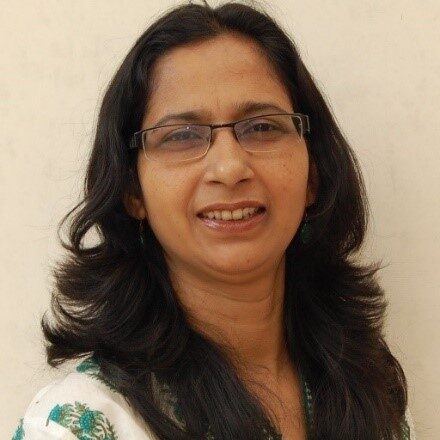
She/ her
Country Director for Sri Lanka at ChildFund International. Former Country Manager for Sri Lanka and India at Handicap International – Humanity and Inclusion and Deputy Director of the International Planned Parenthood Federation’s Humanitarian Programme. With over 20 years of experience, Aditi has a wide variety of experience in leading and managing humanitarian programme. With a professional Environmental Management degree, she specialises in humanitarian response and risk reduction programming and led several humanitarian responses spanning over three continents and more than 25 countries. She has spent many years working in crises affected areas in managing humanitarian operations from forefront. She has held several leadership positions and has been instrumental in transforming organisations. An avid traveller and voracious reader, causes like gender justice, inclusive and right based humanitarian programming, are very close to her heart.
Mr. Mihir R. Bhatt
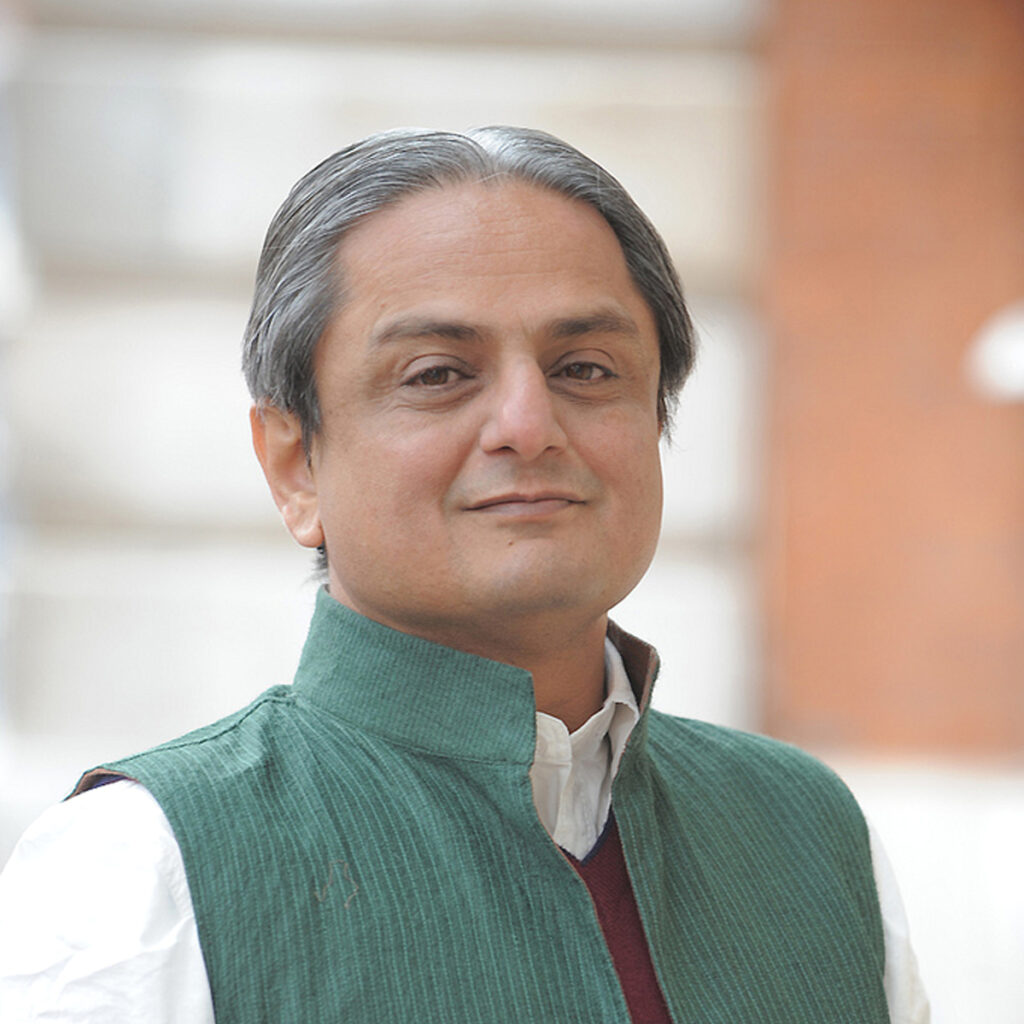
He/ him
Director of the All India Disaster Mitigation Institute (AIDMI). He is leading thinking and action on disaster risk reduction since 1995 in India and South Asia through AIDMI. He has worked in 69 cities and 89 districts across 16 states of India and eight countries of Asia. He received Russell E. Train Institutional Fellowship; Eisenhower Fellowship; and Ashoka International Fellowship. He is a Senior Fellow at FXB Center for Health and Human Rights, Harvard. He Chairs Duryog Nivaran Network and is on the Independent Panel of Accountability Now; Gender and DRR Working Group of IAP UNISDR; Trans-Boundary Early Warning System Collaboration in South Asia, and International Humanitarian Studies Association. He was lead co-authors of chapter nine of the IPCC SREX Report and is regularly invited by international agencies to review regional disaster risk and climate uncertainty programmes.
Ms. Patience Finye Andrew

She/ her
Monitoring, Evaluation, Research and Learning Manager at the Graça Machel Trust in South Africa. A leader in the non-profit sector within the creative space in Africa. She is a historian, spoken word poet, and radio broadcaster, using her creative platforms in advocating for children’s right to education and gender balance in humanitarian responses. She founded Custodians of African Literature (COAL), a non-profit organization that promotes African Literature by providing expressive and creative platforms for writers and artists in various communities.
Dr. Ambika Prasad Nanda
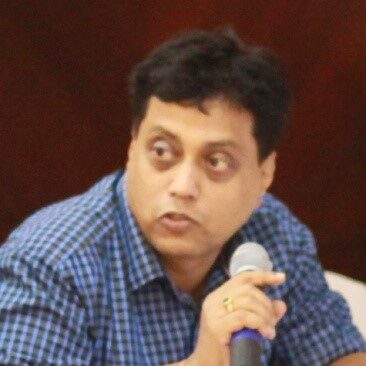
He/ him
A postgraduate in Analytical and Applied Economics and has done his doctoral studies from J.N.U, New Delhi. Dr. Nanda is presently working as the head of Corporate Social Responsibility of Tata Steel in Odisha. He has worked with many international NGOs on the issues of education, land rights, sustainable livelihoods, and climate change and disaster management to facilitate creation of people’s institutions through participatory public discourse. He has also been a Member of the State Planning Board, Government of Odisha and facilitated democratic space for the civil society organizations to share evidences from the field to influence policy work. He has also been the head of UNDP programmes in the states of Odisha and Jharkhand and has initiated many research based policy works.
Mr. Steve Glovinsky
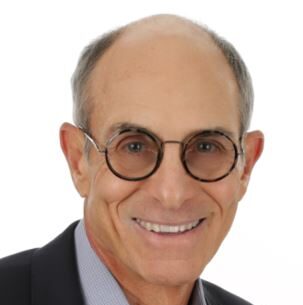
He/ him
Founder of PeerConnect and an international development consultant specializing in development and change – how the process of development succeeds or fails in producing positive, sustainable impact. Mr. Glovinsky has over 40 years’ experience in the UN system, primarily with the United Nations Development Programme (UNDP), as a technical specialist and designer of development programs and projects for over 40 national governments and multinational organizations. He has a BA in Government from Harvard and an MA in Economics from Tufts University, USA. Currently, he is authoring a chapter on knowledge management for the “Routledge Handbook on the UN and Development” to be issued in mid-2020 on the occasion of the UN’s 75th anniversary.
Professor Michael G Petterson
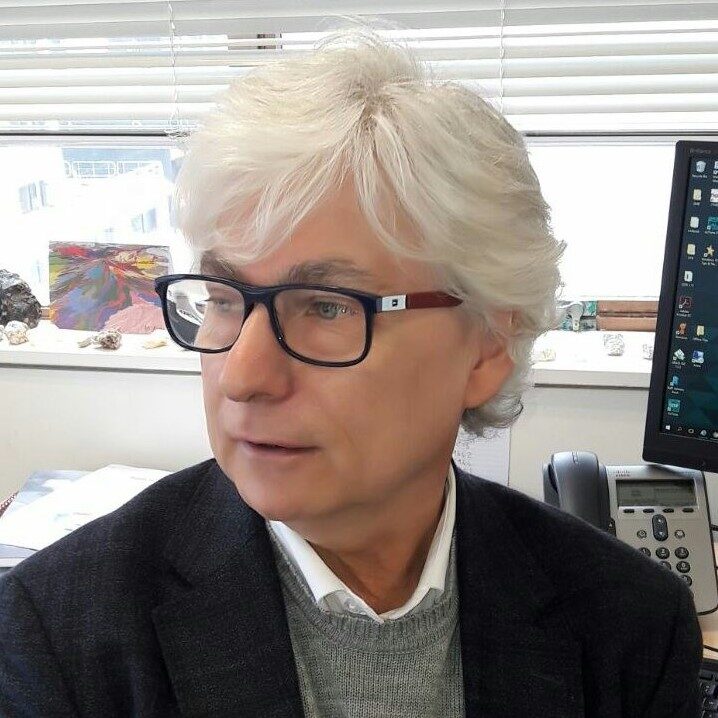
He/ him
Mike is a geoscientist, currently at Auckland University of Technology, New Zealand. He previously held Professorial/ Senior Leadership positions at the British Geological Survey, University of Leicester, UK, Secretariat of the Pacific Community (SPC), and University of the South Pacific (Fiji). Much of Mike’s career has been involved with international development particularly in areas such as institutional strengthening, capacity building, training & education, and technical geoscience. Experience in South and Central Asia, the Pacific Islands and the Caribbean/South America has provided firm foundations for the accrual of knowledge in ‘interconnected geoscience’: how geoscience alongside other disciplines, with appropriate world views, can add the greatest value to development-related interventions.
Mr. Mohammed Ali Said Al Badi
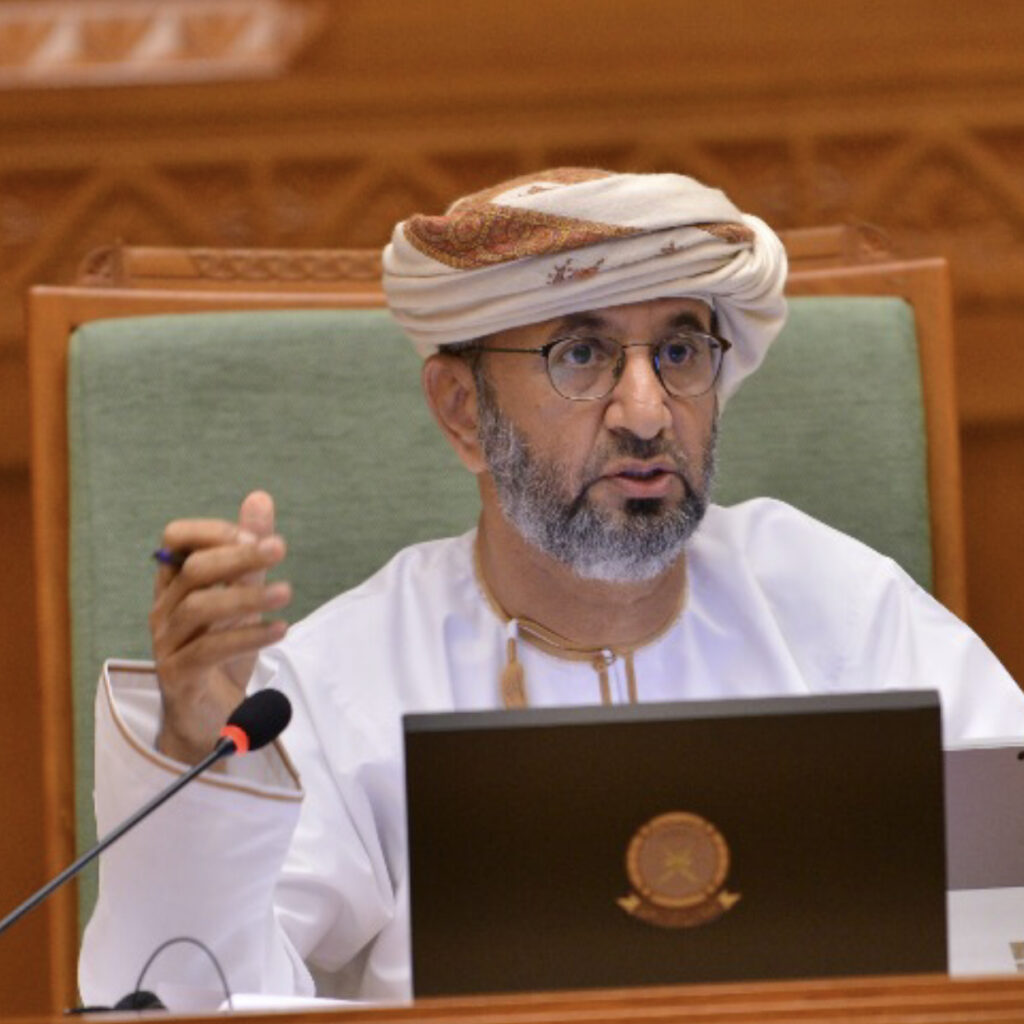
He/ him
An environmentalist and political activist in Sultanate of Oman. Mr Albadi is an advocate of the green concept for sustainable development across the Sultanate of Oman. He is an elected member of ‘Majilis a Shura’ (parliament) from 2015 to 2019. Currently, he is a chairman of a group of companies founded by himself including the ‘YAS Center for Environment and Health’ (a Unit of YAS Hospital).
Professor Alois Hirschmugl
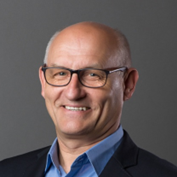
He/ him
A Regular Officer, Trainer/Expert for international disaster management, and Technical Director of DMAT Consulting KG. Since 1999, Professor Hirschmugl has completed nine missions as UN Disaster Assessment and Coordination Member, and two missions as EU Civil Protection Expert. Professor Hirschmugl contributed to EU research projects on Space, Disaster Resilience, and Security. Professor Hirschmugl holds a MA and Ph.D. in Law and published a handbook on the legal aspects for peace support operations, humanitarian, and disaster management operations.
Dr. Matthew Lewin
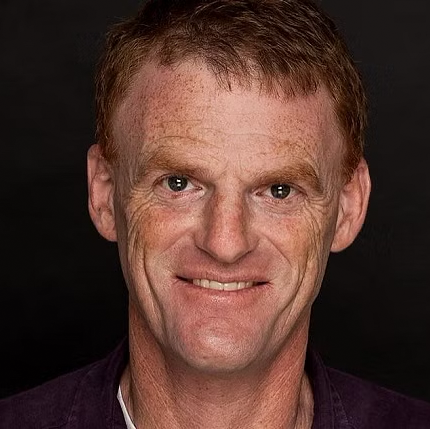
He/ him
Dr. Lewin is a U.S. based emergency medicine physician and holds a PhD in the field of neurophysiology. He earned his MD and PhD at the University of Texas/ MD Anderson Cancer Center Graduate School of Biomedical Sciences and was awarded the 2020 Distinguished Alumnus Award and was the 2017 recipient of the Zeigler Award for Outstanding Mentorship in Global Health Sciences from the University of California, San Francisco. He is a graduate of University of California, Berkeley. Dr. Lewis is the President and Chief Scientific Officer at Ophirex, Inc., a public benefit corporation dedicated to development of globally accessible antidotes for life- and limb-threatening diseases such as snakebite envenoming. Dr. Lewin is an Advisory Board Member of the Global Snakebite Initiative and Grantee of the Wellcome Trust. Additionally, he is an elected Fellow of the California Academy of Sciences, Fellow of the American College of Emergency Physicians, and Fellow National of the Explorers Club and on the Board of the North American Society of Toxinology. Previously, Matthew served on the WHO Snakebite Envenoming Working Group. His current focus is on the development of small molecule inhibitors of snake venom sPLA2s and other key venom components, the biological bases of their clinical potential, limitations and use in conjunction with existing standards of care. He is the author and co-author of more than 75 peer-reviewed articles and book chapters. His work has been featured in the New York Times, Lancet, Nature, Discover, Scientific American, NPR, the BBC and in the influential documentary on snakebite, Minutes to Die.
Dr. Stephen Samuel
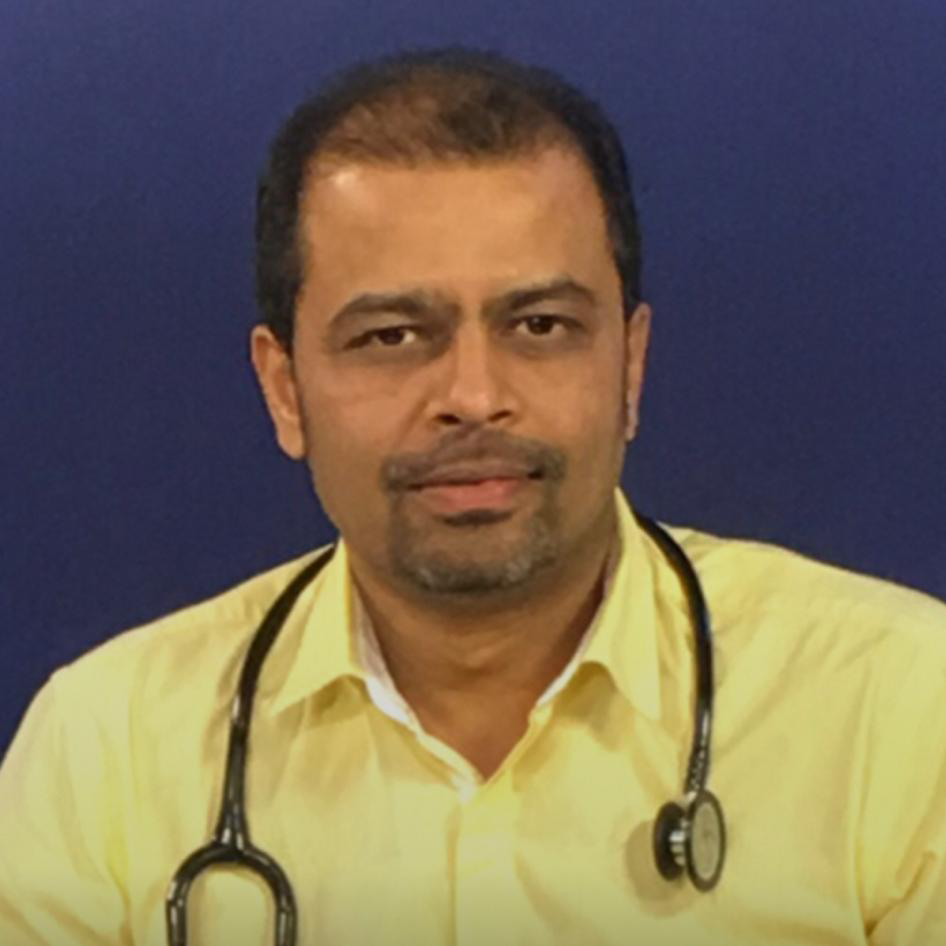
He/ him
A Medical graduate from India with a MSc and PhD from Trinity College, Dublin. Worked as a Registrar in various departments of clinical medicine in the NHS, UK. Currently, the Senior Vice President of Clinical Medicine at Ophirex, Inc., working on developing small molecule based field antidotes for venomous snakebites. Stephen is also a visiting Physician Scientist with collaborator institutions in India specialising in treating snakebite victims, and education and awareness programs to mitigate snakebite deaths. He has research publications in the fields of nanoparticle-human microvasculature interactions, and snakebite envenoming.
Colonel Sanjay Srivastava
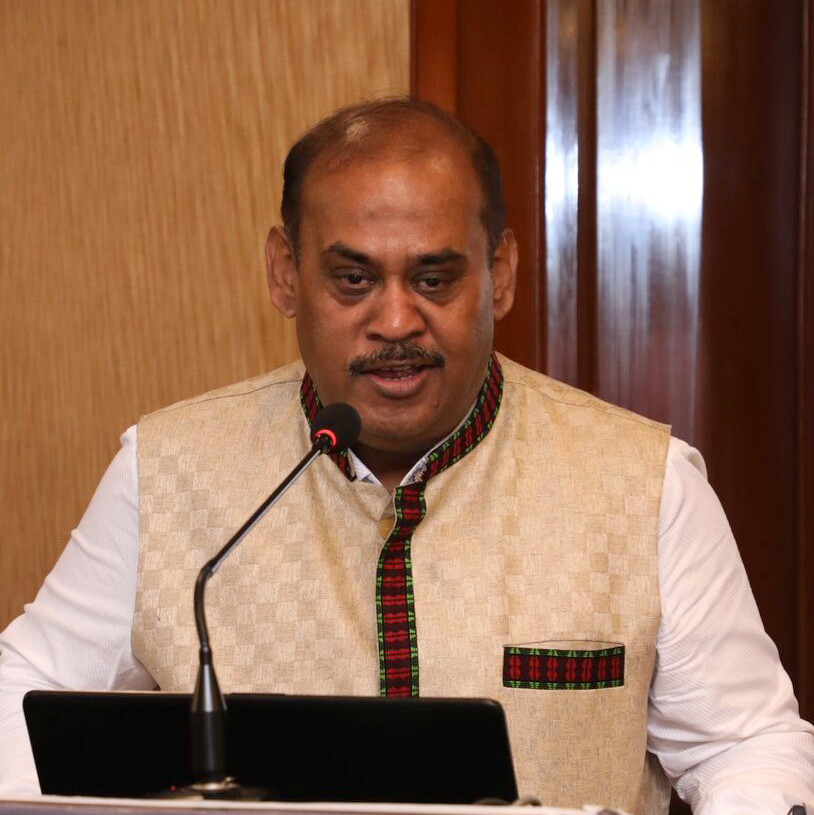
He/ him
Chairman of the Climate Resilient Observing-Systems Promotion Council (CROPC) and Convenor of the CROPC Lightning Resilient India Campaign. He is a Professor of Practice at TERI SAS University and a Disaster and Climate Risk Management Expert within the Government of India, as well as a Member Senate and Director of the Center for Disaster Management
Studies at Khongnangthaba University Imphal Manipur. Sanjay is also Group Head MUSNNEAC at Stealth Broadcasting in India. Previously, he was Advisor to State in Disaster Management and SPO. Col. Sanjay has a Master of Business Administration and certificates in International Urban Search and Rescue and Earthquake Mitigation and Risk Reduction.
Dr. Ravinder Kumar (R.K.) Soni

He/ him
Dr. R. K. Soni is Professor of Statistics in the Department of Community Medicine. He participated in courses by the WHO and the International Society for Prevention of Child Abuse and Neglect. Dr. Soni has been the Resource Faculty ICMR-WHO-UNICEF Workshops/ Symposium and Training Programme, Principal Investigator of ICMR Multicentric Task Force Study on Consumption Pattern of Carbonated Soft Drinks of Indian Population at Different times of the year. Furthermore, he has been the Independent Monitor on behalf of WHO for various NID & SNID rounds of Pulse Polio Immunization. He has over 40 research publications in various National and International journals.
Dr. Amarendra Mohapatra
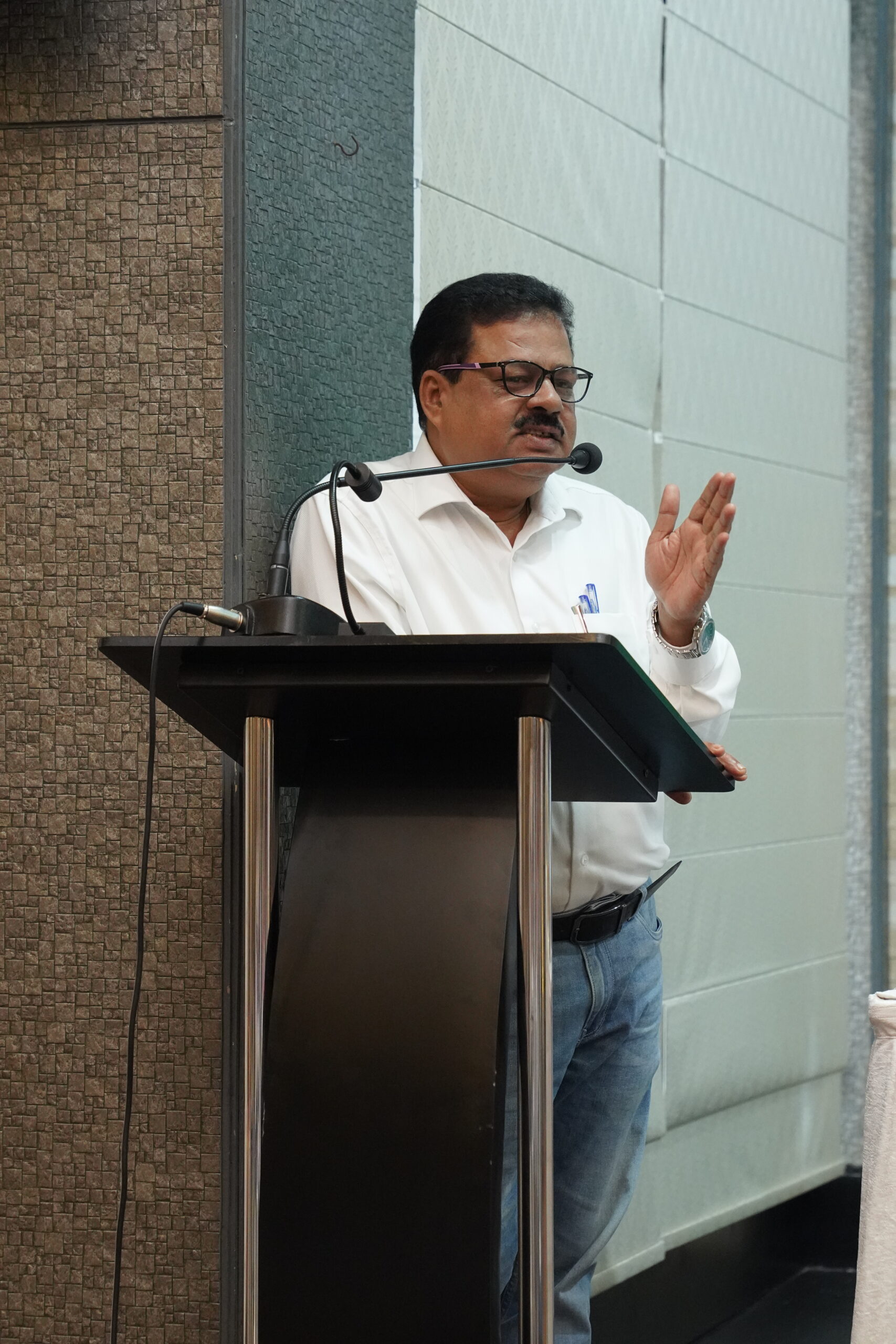
He/ him
Dr. Amarendra Mohapatra is a Medical Anthropologist working in the Field of Epidemiology of Tuberculosis, Malaria, Filariasis & Nutrition in India. He has served the Ministry of Health and Family Welfare, Government of India in several states. Currently he is Scientist G – Head of the Epidemiology Department at the Indian Council of Medical Research (ICMR) – Regional Medical Research Centre in Bhubaneswar, Odisha. His goal is to achieve the targets of the National Health Programmes at a faster rate in the interest of the State.
Dr. Vinod Sharma
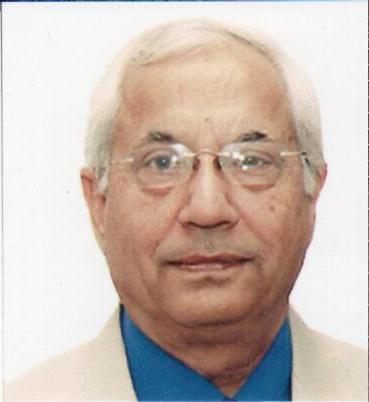
He/ him
Prof. Vinod Sharma is Senior Professor, Disaster Management/ Consultant at Indian Institute of Public Administration; and Vice Chairman at Sikkim State Disaster Management Authority, Govt. of Sikkim. He is Adjuct Professor at Amrita University, and Advisor and Board of Studies of Amrita School of Sustainable Future, as well as Visiting Professor, Kyoto University, Japan. He has published more than 100 research papers and 15 books in area of Environment and disaster management. Notably, he is the receipient of the Subhash Chandra Bose Aapda Prabandhan National Award 2022 and the Paul Appleby Award for Public Administration 2017. He has a PhD in Forest Ecology.
